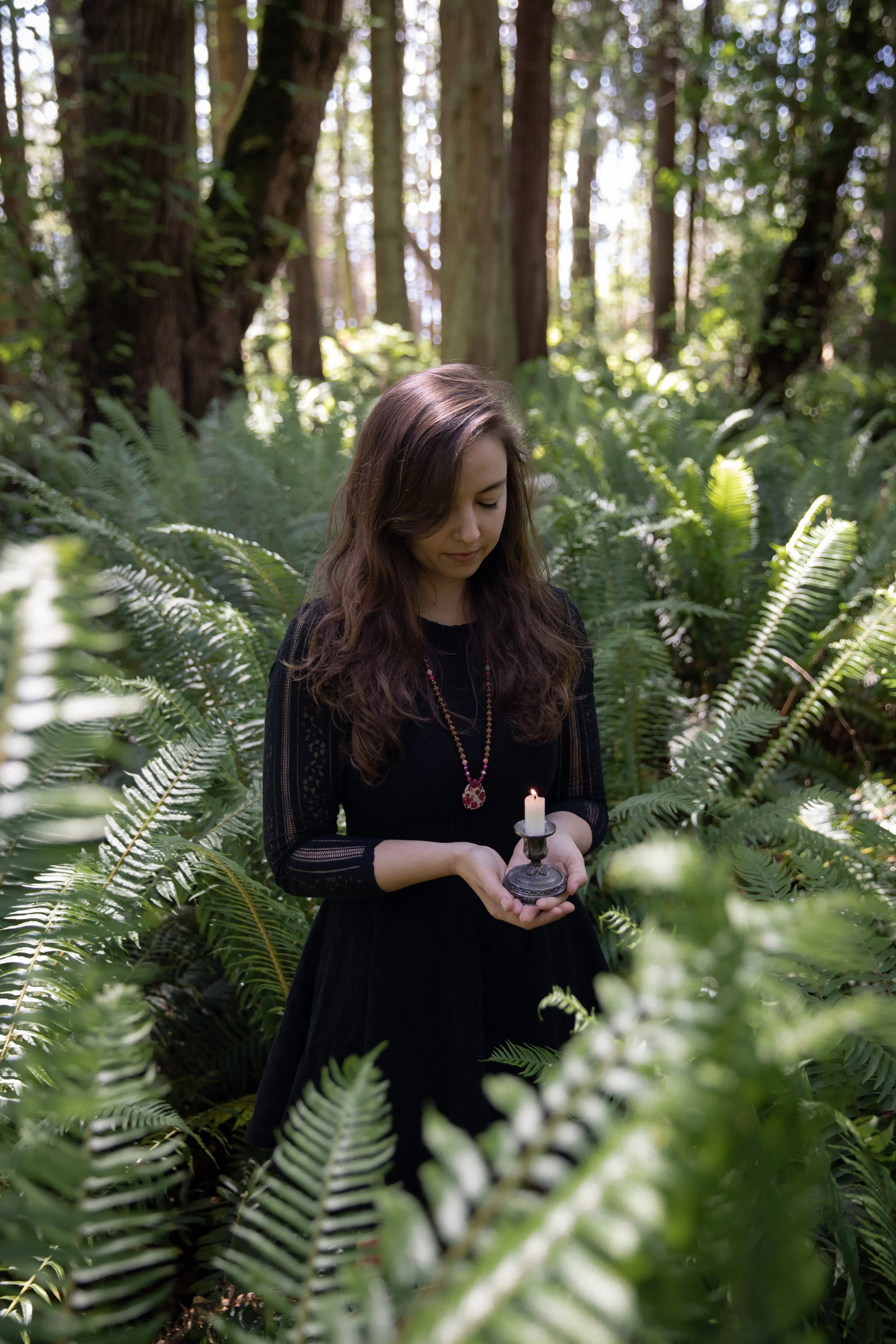Why You’re Struggling (And Why It’s Not Your Fault)
June 25, 2025 • Written by Registered Clinical Counsellor, Kelsey Robson
So many people come into therapy asking the same painful question: “Why am I struggling so much when things aren’t even that bad?”
Maybe life looks stable on paper. Maybe you have a job, a roof over your head, even people who care about you — and yet, you feel exhausted, anxious, overwhelmed, or unmotivated.
And then comes the guilt: “Other people have it worse. I should be fine.”
But here’s the truth: you’re not struggling because you’re weak, lazy, or broken. You’re struggling because you’re carrying too much. And you’ve been doing it for a long time.
Many of us — especially those who grew up without consistent emotional support or in homes where big feelings weren’t safe — learned to cope by becoming hyper-independent, over-functioning, or staying busy. We learned to numb, distract, or self-criticize instead of asking for help. These strategies worked. They protected us. But they also cost us. Over time, they disconnected us from our needs, our feelings, and even from a sense of safety in our own bodies.
Now, in adulthood, those patterns start to wear thin. You might find yourself burnt out, constantly overwhelmed by small tasks, stuck in procrastination, or always running on empty. You might even feel like a shell of yourself. That’s not because you’re failing — it’s because you were never meant to carry this much on your own.
It’s not just personal. Our pain doesn’t exist in a vacuum. We live in systems that actively make it hard to rest, to receive help, or to be gentle with ourselves. Capitalism tells us our worth is tied to our productivity. Hustle culture rewards burnout. We're praised for pushing through, for being “resilient,” for doing it all — often at the expense of our mental and physical health.
Even when we try to slow down, there’s often a voice whispering: “You’re not doing enough.”
The pressure to be constantly performing, improving, and self-optimizing is relentless — and unsustainable. Especially for those who already carry the weight of trauma, chronic stress, caregiving, or systemic marginalization, the expectation to keep functioning at full capacity can feel crushing.
If no one ever taught you how to self-soothe, how to regulate your emotions, or how to feel safe asking for support — then you’re not behind. You’re just trying to survive with the tools you were given. Therapy isn’t about “fixing” you; it’s about helping you unlearn survival habits that are no longer serving you and rebuild a foundation that actually feels safe, connected, and sustainable.
So if you’re struggling, start by giving yourself permission to not have it all together. Struggling doesn’t mean you’re broken — it means you’re human. And healing begins when you stop blaming yourself and start getting curious about what your pain is trying to tell you.
You don’t have to carry it all anymore. You were never supposed to — and you’re not meant to do this alone.


